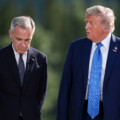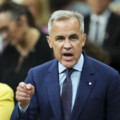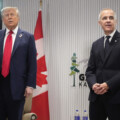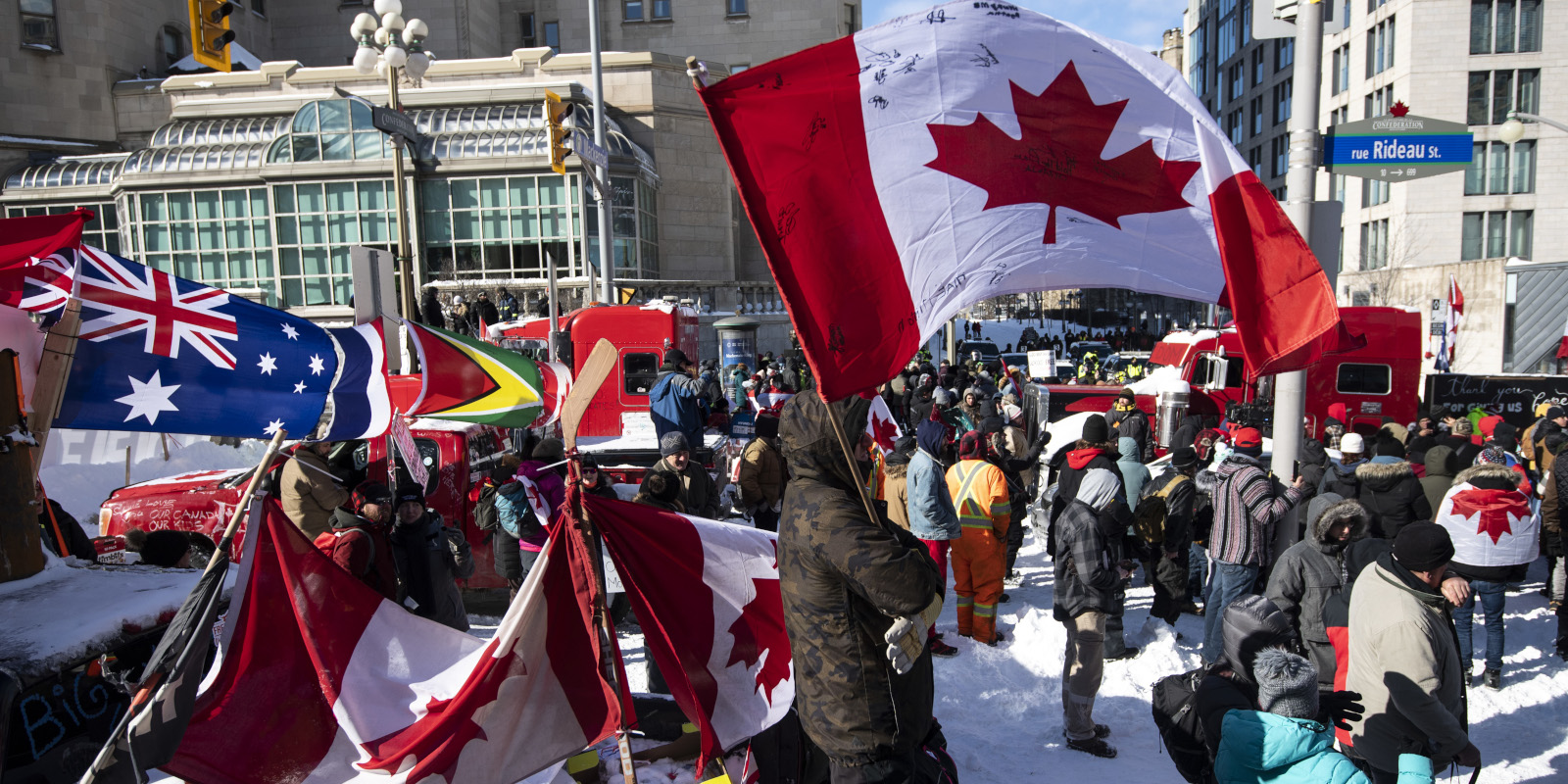A new study has found that the controversial and short-lived vaccine passports introduced by the provinces in 2021 to boost vaccination coverage only increased the number of people with a first dose by less than one percentage point in Ontario and Quebec.
The study, published in the CMAJ Open journal, found that vaccine passports also had “little impact on reducing economic and racial inequities in vaccine coverage.”
The researchers noted the already high coverage rate in the two provinces before the passports were introduced, which was more than 80 percent, and found that the “impact was larger among people aged 12 to 39 years old,” or the people who were at the least risk from the virus.
The researchers speculated that mandates and passports likely had a weak effect on the remaining hold-outs because they were people who didn’t trust health authorities and the government.
“The group not yet vaccinated by the time of the announcements may have largely been composed of individuals experiencing long-standing, systemic, and persistent barriers to vaccination or vaccine mistrust,” the paper reads.
Canadians got a reminder last week that these debates are still raging in the country, despite the fact that the provinces removed the vaccine passport requirement nearly a year and a half ago.
A private member’s bill banning any future federal vaccine mandates that was originally introduced by Conservative leader Pierre Poilievre before he was leader of the party was voted down by MPs last Wednesday.
The bill would have banned any future COVID-19 vaccine mandates on federal workers and travellers in Canada. While the provincial passports allowed businesses, like restaurants, to require customers to be vaccinated, the federal rules applied to air travel and trains.
In a House of Commons debate that was reminiscent of the country’s fractious 2021 election campaign, Prime Minister Justin Trudeau said Poilievre “chooses to wear a tinfoil hat” and “divide Canadians” on the issue.
In an earlier debate on the bill, Poilievre argued that it was the vaccine mandates and the accompanying Liberal rhetoric that divided and polarized Canadians on the issue.
“(Trudeau) wanted us all to forget the way he divided, insulted, and name-called millions of people right across this country who are patriotic, law-abiding, decent people,” said Poilievre.
That view was echoed by Liberal MP Joël Lightbound during the Freedom Convoy protest in early 2022 that gridlocked Ottawa and temporarily shut down border crossings in the country, in a widespread revolt against COVID-19 restrictions and mandates.
Lightbound pushed his party to “stop dividing Canadians” and told reporters that on the issue of vaccine mandates, “both the tone and the policies of my government changed drastically on the eve and during the (2021) election campaign.”
Although the relatively small effect of vaccination coverage of the provincial vaccine passports is increasingly becoming clear, the secondary effects are still coming to light.
Convoy organizers Tamara Lich and Chris Barber continue to spend their days at an Ottawa courthouse for their role in the protests and the fairness, and the legality of vaccine mandates continues to be litigated.
The Canadian Constitution Foundation’s Christine Van Geyn and Joanna Baron, who have a book coming out next month on civil liberties during the pandemic, said the vaccine mandates were often indiscriminately and unfairly enforced.
“We worked with a number of patients who could not get vaccinated for really good faith reasons. For example, a teenage girl we were working with who got pericarditis as a result of her first dose of the COVID vaccine, so obviously, not an anti-vaxxer,” said Van Geyn, in an interview with The Hub.

“She’s ineligible for a second dose of the vaccine and the government in B.C. said, if she wanted an exemption… she had to apply every time she wanted to do something. So if she wanted to go to a craft show she had to apply, if she wanted to visit her grandmother she had to apply. She was excluded from a lot of things,” said Van Geyn.
Baron said that the pandemic should have ingrained a deep lesson on public health experts and government officials about what can happen if they overreach during a health emergency.
“When you have a public health emergency that goes on, there needs to be a recognition that there are several social goods. Reduction or elimination of transmission of a virus cannot be seen as the only social good,” said Baron.
“As we develop a more sophisticated understanding of the negative repercussions of public health interventions—I think the most commonly accepted one now is the impact of school closures—it’s just way too myopic to put on tunnel vision and say our only objective, and the government’s only objective, has to be reduction of transmission,” she said.
Recommended for You

Ian Holloway: The Supreme Court is ditching its iconic red robes. Yes, it matters

The Notebook by Theo Argitis: Trump halts trade talks, Carney’s trade-offs and John McCallum’s legacy

The Weekly Wrap: The Liberals must abandon their internet regulation agenda

‘A direct attack’: The Roundtable on Trump’s surprise trade announcement and Canada’s immigration debacle



